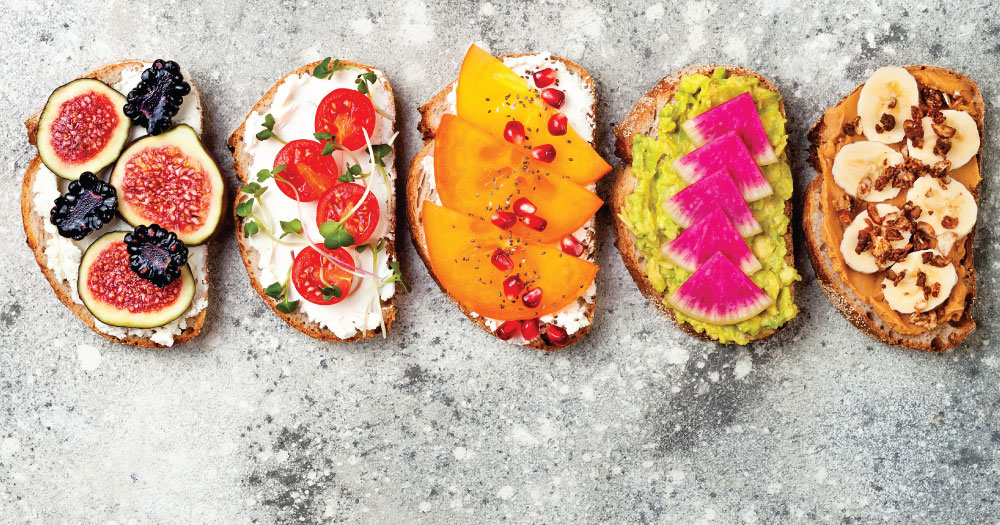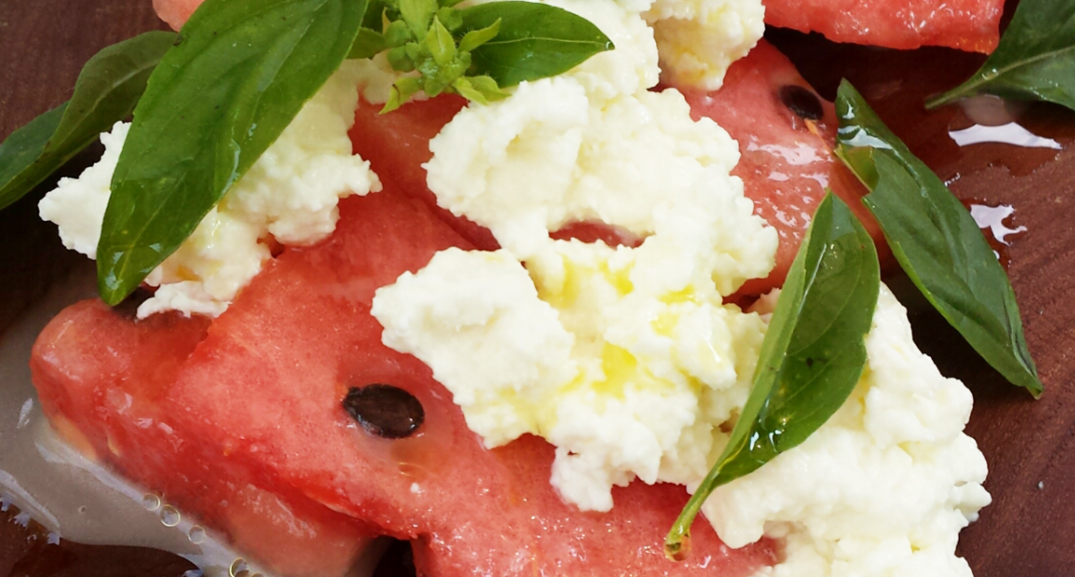
What the Heck is Watermelon Seed Butter?
First up – technically it’s a dairy-free substitute for butter or simply a plant-based spread. This is not something new, the terms butter and milk are widely being used to describe plant-based alternatives both on package and via marketing campaigns, even though butter and milk are governed by a standard of identity.
There has been a rise in plant-based spreads as consumers search for vegan options or ‘free-from’ options made with unique ingredients. Also, “taste curious” consumers are craving deliciously new and creamy products beyond a soy-based spread or hummus that are instagrammable on their toast and crackers. Watermelon seed butter tastes like tahini and is often used like peanut butter. It can be mixed with water to make a seed beverage. Prices for watermelon seed butter range from $3.99 to $18.20 for approximately 200 grams. Tahini move over, as we explore what the heck is watermelon seed butter.
 Watermelon Seed Butter and Health
Watermelon Seed Butter and Health
It may seem obvious, but watermelon seed butter is made from the seeds of watermelons. Watermelon seeds have 8 grams of protein per 30 mL (2 tablespoons). They have a good source of the omega-6 fat linoleic acid, plus they are high in zinc and magnesium. There is minimal substantiated research about the health benefits of watermelon seed butter, however, let’s review some emerging information.
Heart Health
Watermelon seeds have linoleic acid which is responsible for lowering cholesterol levels and blood pressure (1). Furthermore, watermelon seeds contain magnesium which also can be beneficial to reducing blood pressure (2). Both are factors in reducing cardiovascular health risk.
Immune Health
In addition, watermelon seeds are high in zinc and a good source of plant protein which can be beneficial for improved immune function (1,2).
What’s Next?
Currently, watermelon seeds are eaten mostly in China (2). Overall, watermelon seed butter is new to the North American consumer. There have been no adverse risks associated with the consumption of watermelon seed butter. Remember no single food or ingredient is a silver bullet. A lifestyle filled with healthy habits including a balanced dietary pattern, exercise and restful sleep is the best approach for long-term consistent, mind body health. If you have added watermelon seed butter to your healthy diet, let me know your thoughts about the flavour, texture and how you use it!
Jane and her team would love to assist your company to get into the latest food and
health trends or speak at your upcoming event!
Click here to learn more.
References:
- Watermelon (Citrullus lanatus (Thunb.) Matsumura and Nakai) Seed Oils and Their Use in Health – Chapter 136 – University of Guelph [Internet]. [cited 2020 Jan 21].
- Schaffer A., H.S P. MELONS, SQUASHES, AND GOURDS. In: Encyclopedia of Food Sciences and Nutrition (Second Edition) [Internet]. 2003 [cited 2020 Jan 21].
Copyright © 2020 Jane Dummer | All Rights Reserved
